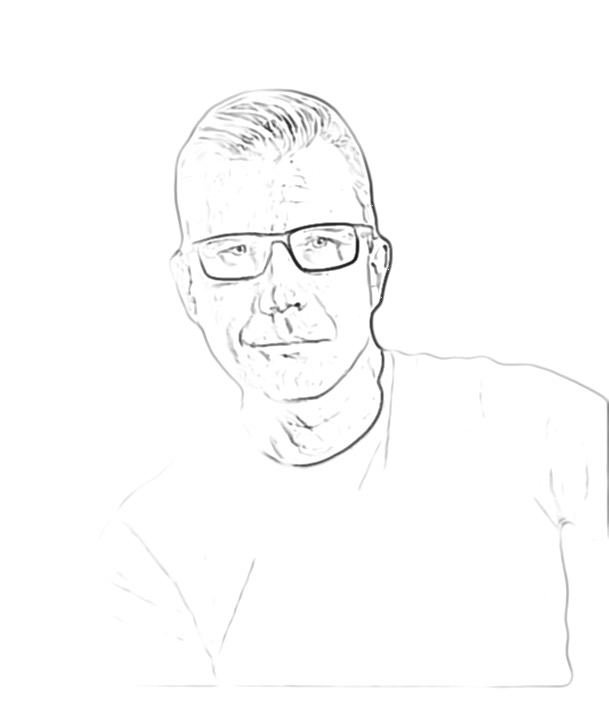We’re excited to introduce you to the always interesting and insightful A.R. Brown. We hope you’ll enjoy our conversation with A.R. below.
Hi A.R., so excited to talk about all sorts of important topics with you today. The first one we want to jump into is about being the only one in the room – for some that’s being the only person of color or the only non-native English speaker or the only non-MBA, etc Can you talk to us about how you have managed to be successful even when you were the only one in the room that looked like you?
When I consider being ‘the only one in the room,’ it’s not about how I look as an aging white male; it’s about how I communicate and interact. My challenge lies in the assumptions people make based on my appearance. Instead of fulfilling the expectation of having all the answers, I actively work to empower others who might not have a strong voice.
I’ve learned to do this in simple yet impactful ways. It can be as direct as making eye contact with everyone while I speak, which naturally draws people in and encourages their attention. I also intentionally create space for others to contribute by leaving a degree of ambiguity in my statements or directly asking, ‘What do you think?’ At this stage of my life, I’m redefining success not by personal gain, but by my ability to coach and create opportunities for others.

Appreciate the insights and wisdom. Before we dig deeper and ask you about the skills that matter and more, maybe you can tell our readers about yourself?
My 30-year professional journey, anchored by degrees in Mechanical Engineering and an MBA, has taken me through the dynamic worlds of robotics, automation, and consumer products. This career allowed me to travel extensively, learning firsthand from companies and factories worldwide. These experiences laid the groundwork for my current “side quest” as an inventor and artist.
A few years ago, I immersed myself in 3D printing, which culminated in the 2024 launch of a line of laptop organizers—a practical solution I developed out of my own need for efficiency attending meetings at a company. It “just made sense” and has proven incredibly useful. Now, I’m ready to find a new steward for this product line, so I can fully dedicate myself to my artistic passion: kinetic art.
My art explores the captivating intersection of art and technology. While my engineering background provides the technical prowess to design moving objects, my true focus lies in the artistic beauty of motion and the profound sensorial experience my pieces offer. My current kinetic art platform is ChronoZen®, built around a functional clock. Imagine a 12-inch sealed acrylic cylinder, housing a clock, that continuously rotates, once per minute, whether it’s on a wall or a shelf. This turning vessel becomes my canvas, where I orchestrate fluid, objects, and lighting to create a continuous “performance” around the themes of “The beauty of motion,” “Perpetual,” and “Random.” Thanks to hidden features and deliberate randomization, every moment of ChronoZen® is distinct and evolving.
In 2025, I’ll be completing “LifeFlow,” the inaugural piece in the ChronoZen® series. It features three moving platforms and a human-looking figure that continuously spills over as the clock turns. This piece is a deeply personal reflection of my life journey as someone on the autism spectrum—the ups and downs, the struggles, and the often-futile dance with others and my own decisions. Once “LifeFlow” is complete, I have many more concepts ready to bring to life on this platform, all designed to illustrate our shared human experiences. For me, making art isn’t just a side quest; it’s a profound drive to share my unique abilities and leave something meaningful behind. Moreover, the act of creating these pieces is an indispensable part of my mental well-being as an individual on the spectrum.
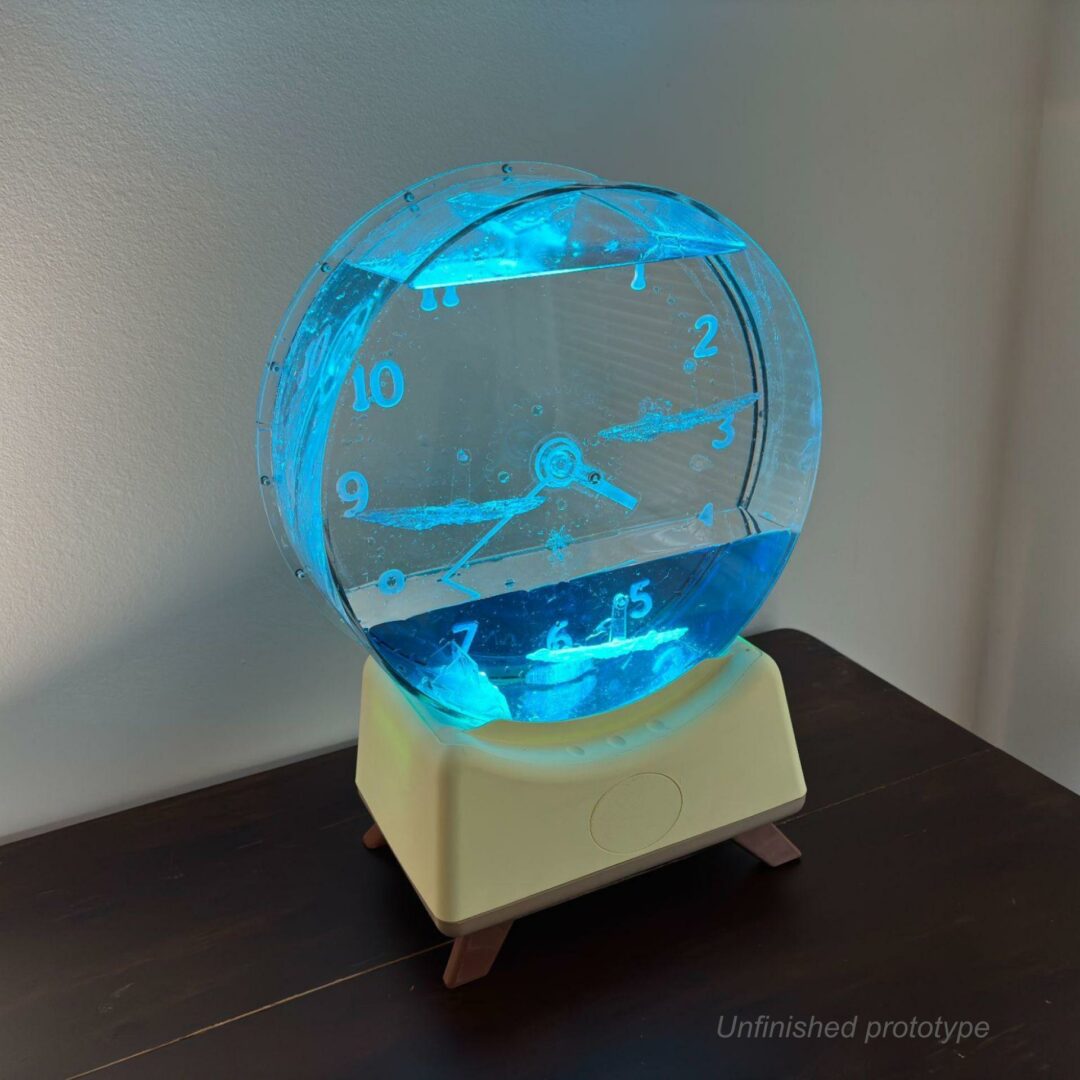
If you had to pick three qualities that are most important to develop, which three would you say matter most?
1) Embrace the Journey of Imperfect Living: Don’t underestimate the profound value of simply living life, making mistakes, and then genuinely moving forward. Twenty years ago, I wouldn’t have truly absorbed advice that countered my convictions, and I believe this is true for many. While common wisdom urges “believe in yourself” and “you can do anything,” my own experiences — the “bumps and bruises” — prove that strong conviction applied to poor decisions often leads to failure and disappointment. Paradoxically, each of these failures has been a crucial course-correction, leading me to a state of mental self-awareness and sharp intuition, allowing me to live life on my own terms.
2) Align with Your Natural Blueprint: Listen closely to your inherent tendencies and leverage them as your greatest assets. It was only a few years ago that realizing I am on the autism spectrum brought clarity to my entire life. This understanding illuminated not only my past frustrations but also why I excel in specific areas. For too long, I tried to conform to external expectations, pushing myself into immense discomfort due to the way my brain is wired. Now, I actively avoid situations I know will be stressful and uncomfortable, instead pursuing endeavors that naturally align with me, like creating and designing. Many people, I believe, live against their natural grain; this vital self-awareness often materializes only after years of lived experience.
3) Master the Art of Strategic Simplification: Actively reduce complexity in your life. Especially for younger individuals building careers or starting families, life often escalates to a degree of complexity that far exceeds our innate mental and physical capacities. We’re frequently conditioned to say “yes” to opportunities and invitations, yet each “yes” can have an exponential impact on our mental and physical reserves. Saying “no” is often perceived as emotional rejection, but we need to cultivate the ability to decline more frequently and honestly, without intending emotional offense. For me, as someone on the spectrum, this detachment from the emotional aspect of “no” has been liberating, finally granting me the space to live exactly as I desire. For the first time, I have genuine control over my life’s complexity, allowing me to pursue truly fulfilling endeavors on my own terms.
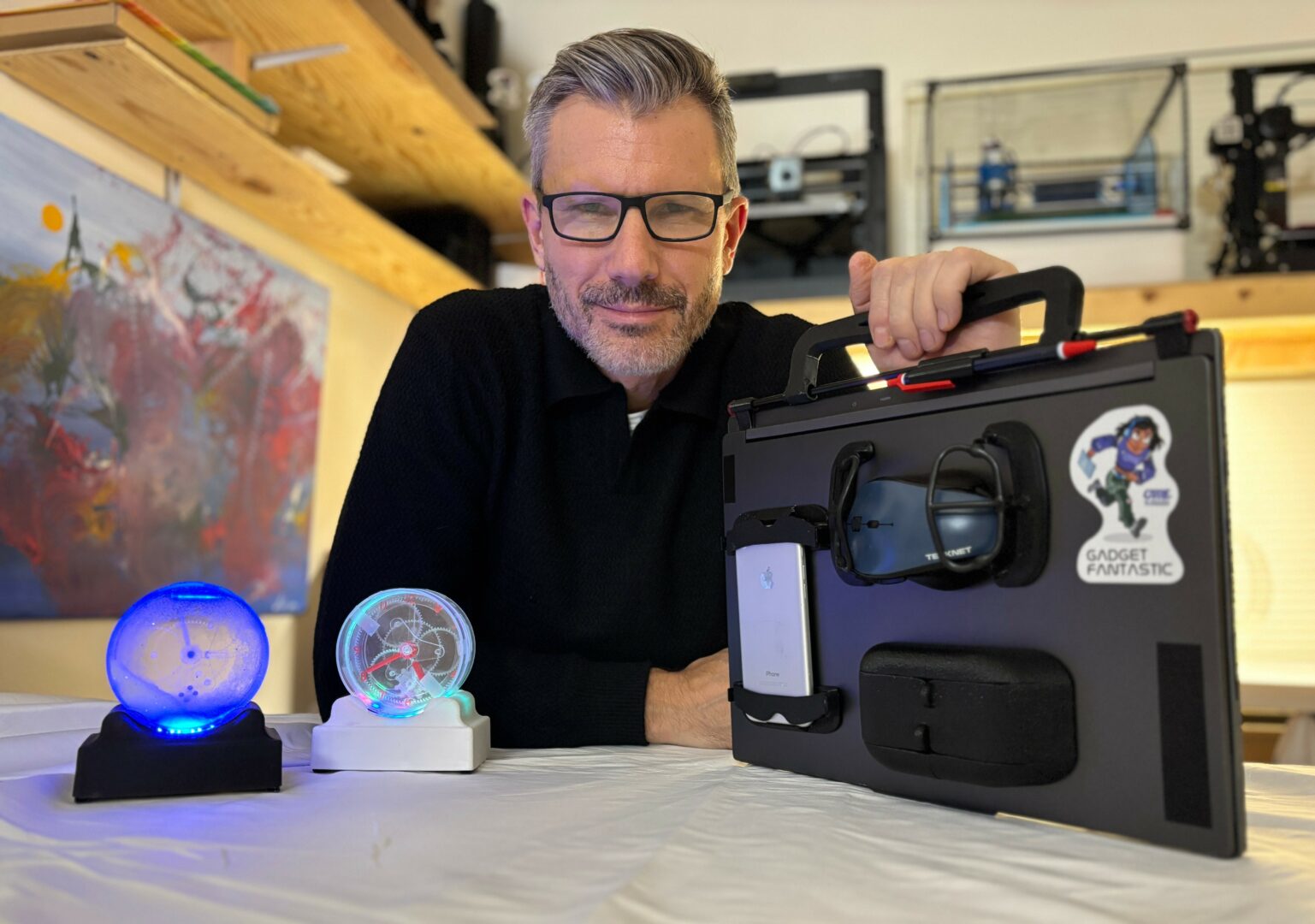
As we end our chat, is there a book you can leave people with that’s been meaningful to you and your development?
I recognize the immense value many people find in reading books, and I certainly appreciate that. However, my personal learning style leans heavily into efficiency and purpose-driven activities. For me, traditional book reading, while valuable for others, often feels like a comparatively slow and limited way to absorb information, especially when considering it’s confined to the perspectives of those who’ve been published.
My preference is to engage with the vast and rapidly evolving landscape of online communication, particularly through video content. Having grown up partly without the internet, I’ve seen firsthand how dramatically it’s accelerated our collective human intelligence, far surpassing the paper-based research capabilities of past eras. I genuinely believe that this universal access, combined with the power of AI, is setting the stage for a collective intelligence boom, much like the Industrial Revolution. I can absolutely empathize with those who find comfort and grounding in traditional reading amidst such rapid change, but for my own learning and growth, I find digital platforms to be a much more dynamic and efficient pathway to knowledge and insight.
Contact Info:
- Website: https://gadgetfantastic.com/
- Instagram: https://www.instagram.com/arbrown99/
- Youtube: https://www.youtube.com/@GadgetFantasticLLC
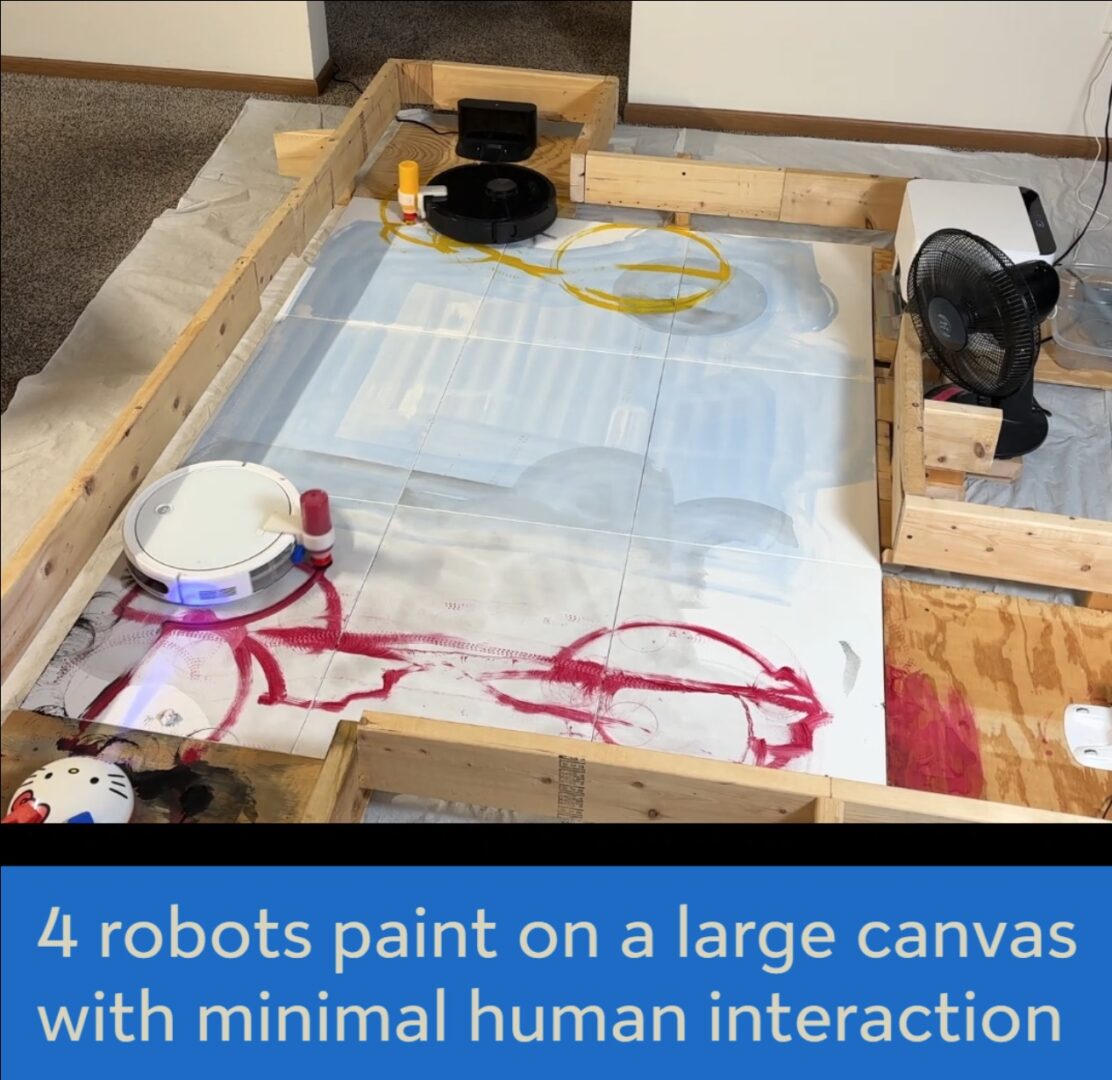
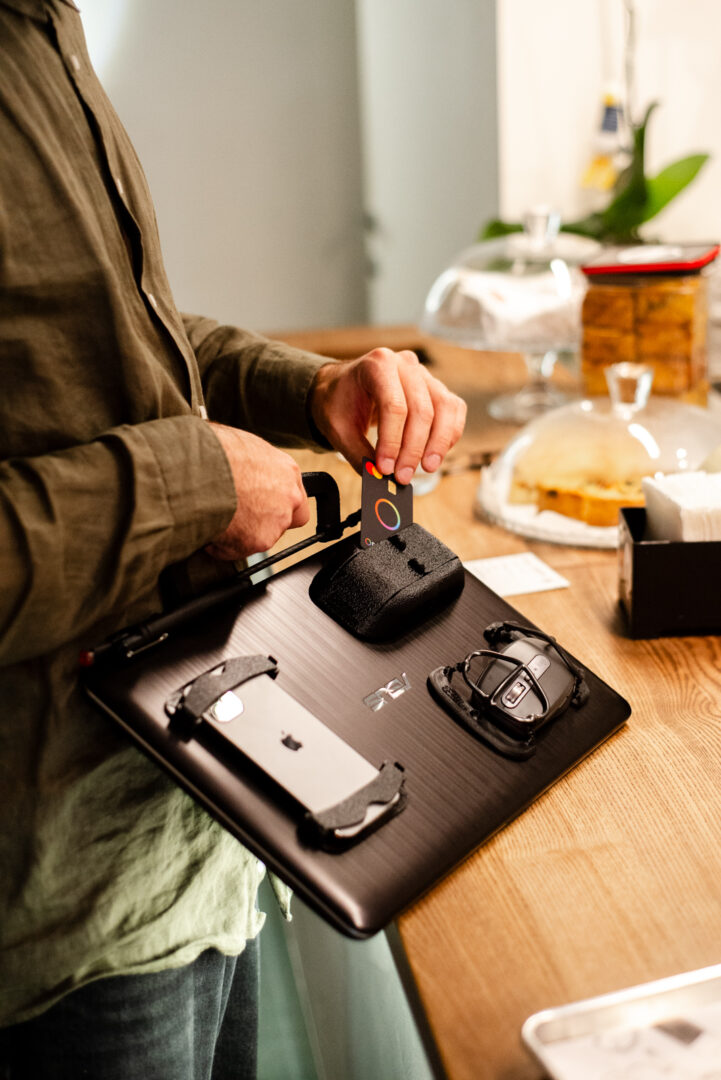
so if you or someone you know deserves recognition please let us know here.

